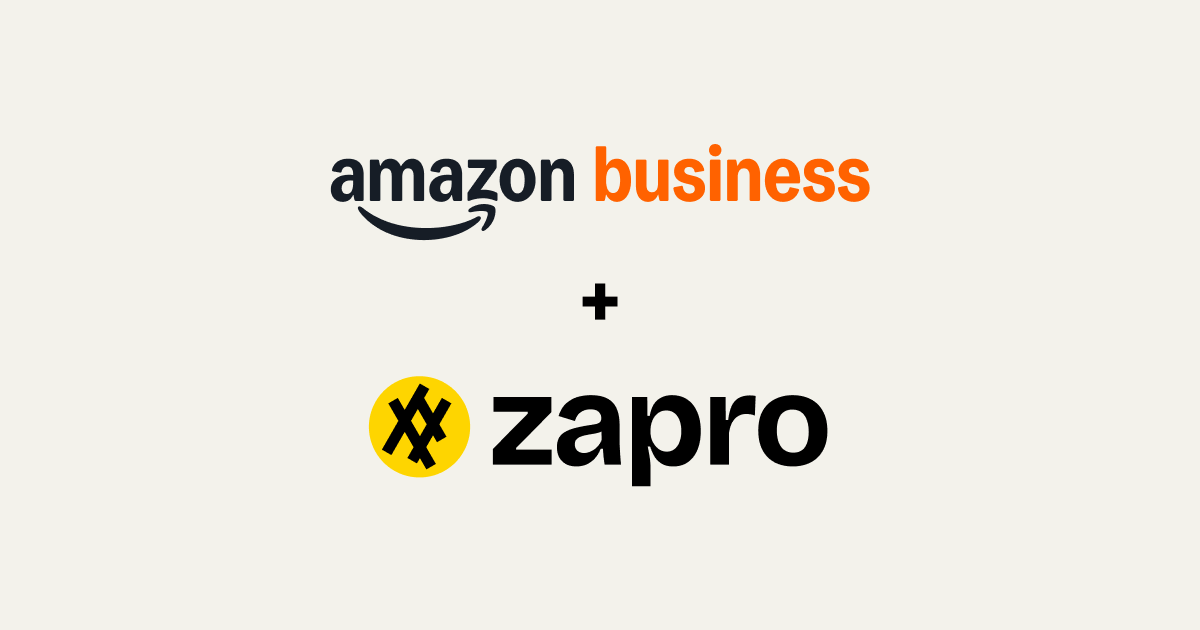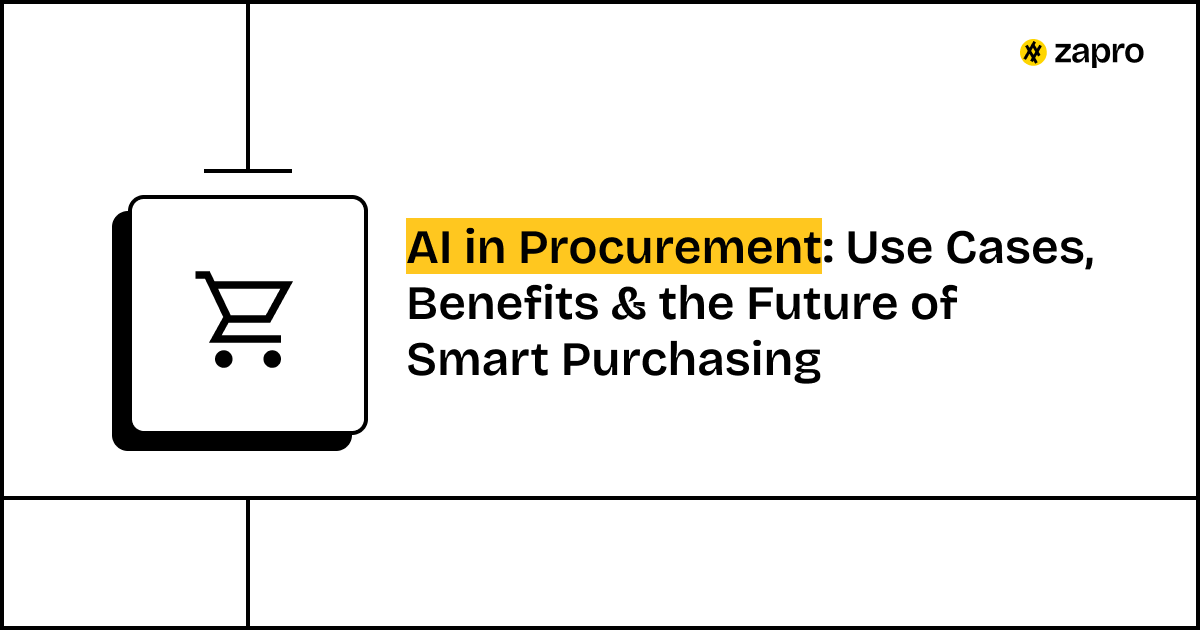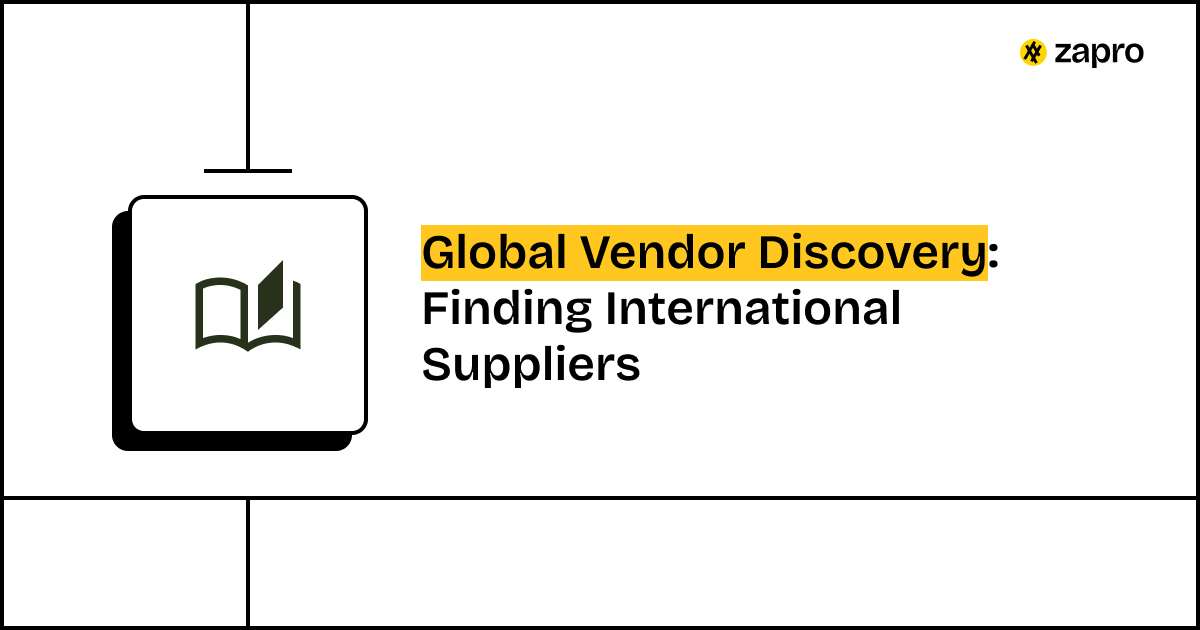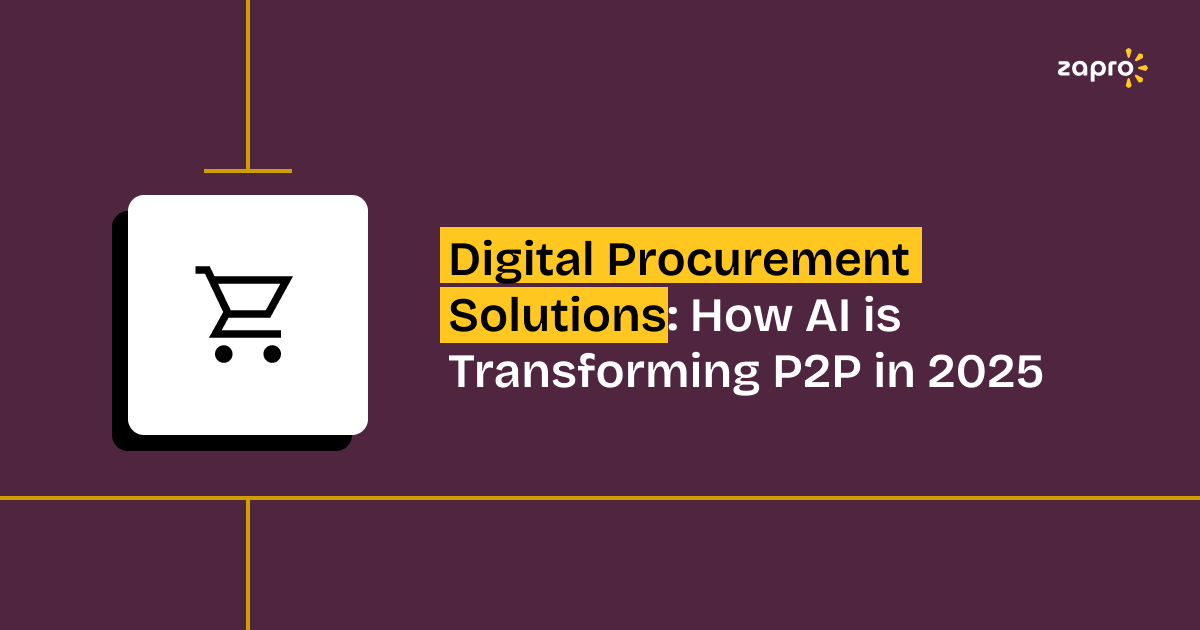How to make a procurement plan
A procurement plan is the end product of a well-defined procurement strategy. Ideally, a good procurement plan ensures that purchases are time-bound, in line with compliance metrics, and directly support the organization’s business goals, aligning with the available budget and reducing spend.
To create an effective procurement plan, stakeholders can start by aligning their procurement activities with the overall business goals. Then, a spend analysis will keep them up-to-date about their organization’s purchasing needs and patterns and help define clear procurement objectives.
Procurement objectives can vary based on an organization’s policies and needs, varying from cost savings to supplier diversification. These objectives can help map out sourcing strategies, define timelines and budgets, and set up approval workflows. Once roles and responsibilities are defined, a thorough procurement risk analysis will help identify potential risks and recommend effective mitigation strategies.
After which, organizational and regulatory compliance policies could be sketched out and put in place to help track progress and monitor procurement KPIs in real-time. Throughout the creation of the plan, it is essential to keep stakeholders engaged to ensure buy-in. Regularly reviewing the plan can help you adapt to any changes in the market or organizational priorities.
Recommended Reading:
Procurement tools
Procurement process
Vendor management system
What is PO system?
Best eprocurement software
Purchase order process
Procurement software for small business
Best vendor management tools in 2025
Procurement solutions guide
Differences between sourcing and procurement
What is the difference between procurement and purchasing?
Best strategic sourcing software tools in 2025
Procurement challenges
Procurement KPIs
Procurement Strategy
Procure-to-pay Process
Goods Received Note
Procurement Lifecycle
Purchase Order vs Invoice
Procurement Solutions
Related Procurement FAQs
How do you keep track of all purchasing activities?
How to automate the procurement process
How to choose the right procurement method
How to develop a procurement strategy
How to implement centralized purchasing
How to improve the procure-to-pay cycle
How to improve the procurement department
How to make procurement more efficient
How to manage a procurement system
How to manage procurement risks
How to measure cost savings in procurement
How to measure procurement KPIs
How to measure procurement performance
How to measure ROI in Procurement
How to optimize the procurement process
How to reduce costs using procurement spend analysis
How to solve procurement challenges
Procurement vs. Strategic Sourcing
Purchase to pay vs. Procure to pay
What are the benefits of e-procurement
What are the best procurement strategies
What are the challenges in the procure-to-pay process
What are the examples of direct and indirect procurement
What is an RFQ in procurement?
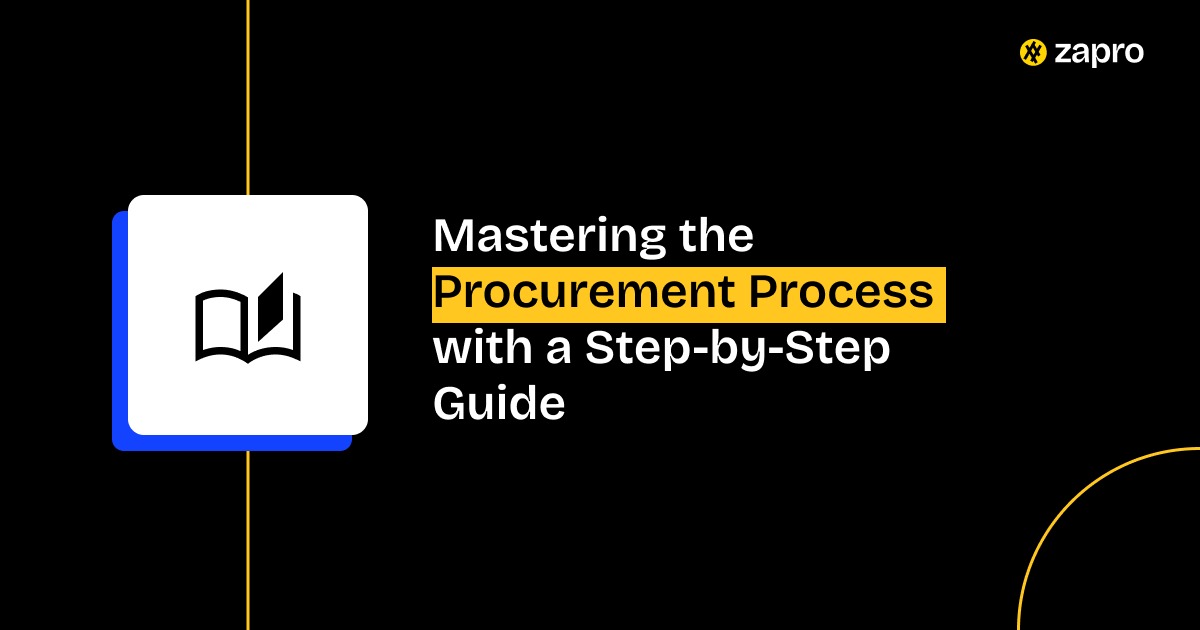
 Healthcare
Healthcare Financial Services
Financial Services Technology
Technology Venture Capitalist
Venture Capitalist Chief Procurement Officer
Chief Procurement Officer Chief Financial Officer
Chief Financial Officer